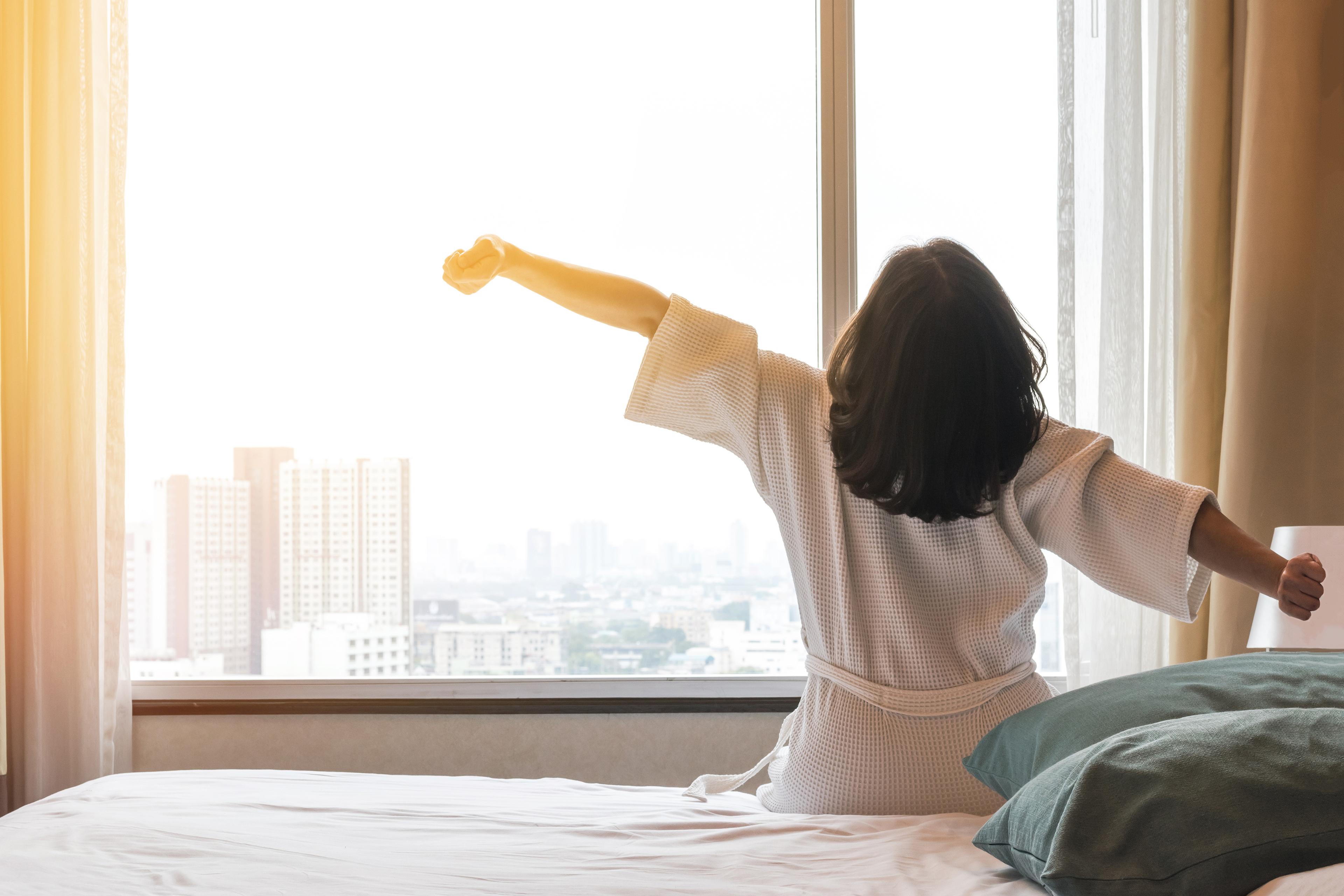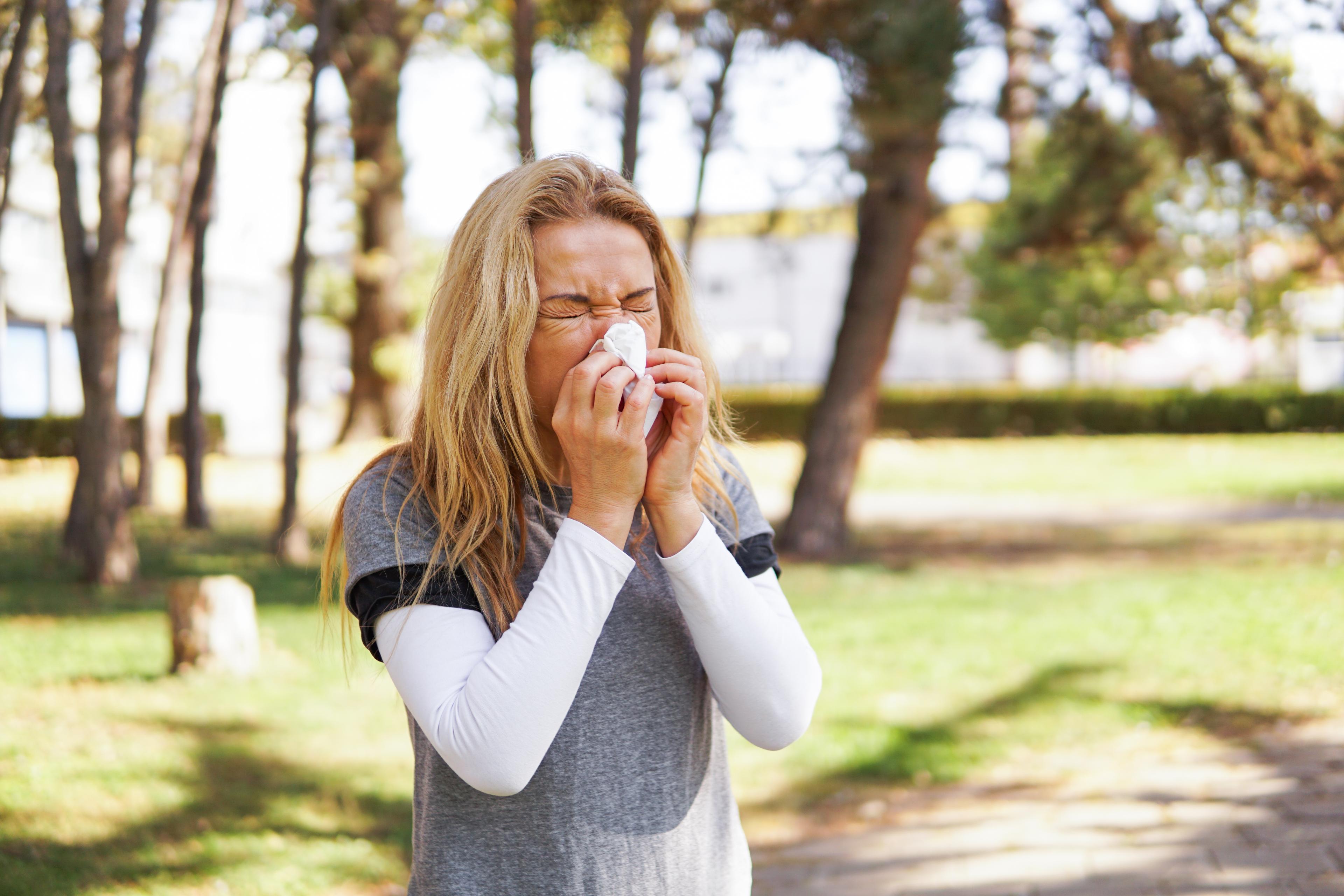Do You Need to Book a Sleep Vacation?

Jake Newby
| 3 min read
Jake Newby is a brand journalist for Blue Cross Blue...

Going on a vacation specifically to sleep might sound strange. It might sound lame. Or it might sound incredible.
The “sleep vacation” concept continues to trend upwards as people placer a bigger emphasis on longevity. So is “sleep tourism,” which is related, but a little more extravagant (we’ll cover that one later.) For a lot of moms and dads, the everyday grind that is working, raising kids and keeping up the house can send sleep spiraling down the totem pole of priorities. That’s why sleep vacations are on the rise.
What is a sleep vacation and how can it be helpful?
Ask yourself this: during any of your recent vacations, can you say your sleep quality improved or worsened? Often our vacations revolve around tours, concerts, sports games family get-togethers and other events. Sometimes we’re out late taking advantage of the vacation and maybe we don’t get to bed until even later than we would on a normal night or weekend. Between travel and events, sleep often becomes less of a priority than normal while on vacation.
At their core, sleep vacations are about prioritizing your well-being by focusing on rest and recovery. These sleep-focused stays involve escaping from the hustle and bustle of home life in search of quality sleep in a quiet environment. It’s a change of scenery that doesn’t even have to apply to parents; maybe you want a break from your roommate or partner. Or maybe even take a break from your bed and seek out one that’s bigger or of higher quality. Ideally, after a sleep vacation, your sleep hygiene patterns will reset, and you’ll get into a better groove when you’re back in your own bed.
Sleep vacations can be particularly beneficial to those suffering from sleep-deprivation. Poor sleep can cloud judgment and decision-making skills, and can lead to health problems and chronic conditions like:
- Depression
- Diabetes
- Heart disease
- High blood pressure
- Injuries such as car crashes, falls, etc.
- Kidney disease
- Obesity
- Stroke
Conversely, consistent, high-quality sleep should be viewed as a critical investment in long-term wellbeing. Seven-to-nine hours a night can help:
- Control hunger
- Fight germs
- Keep blood sugar in check
- Regulate emotions and mental health
- Support muscle repair and physical growth
The difference between sleep vacations and sleep tourism
Sleep tourism involves sleep vacations, but sleep tourism is more of a lifestyle and a one-off. According to CNN, luxury hotels and numerous high-profile establishments worldwide have opened with the sole target of attracting sleep vacationers. From soundproofed suites to mattresses by powered by artificial intelligence, sleep tourism and “sleep retreats” are extravagant concepts that can be beneficial but come at a high cost. They may not be feasible for everyone.
How to take a sleep vacation
Unlike with sleep tourism, you don’t have to spend thousands to go on a sleep vacation, which can involve booking a room two cities over for a couple of nights. Fully focus on wellness by creating a short “sleep hygiene checklist.” Then, carry that routine over to your bedroom when you return home. Before going to sleep on your sleep vacation, you can consider:
- Relaxation techniques before bed like taking a warm shower or bath, listening to relaxing music, meditating or practicing yoga or breathwork.
- Limiting alcohol and food 2-3 hours before bedtime.
- Minimizing exposure to phones and other electronic devices two hours before bedtime.
Related reading:
Photo credit: Getty Images





